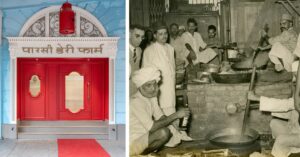Here’s How India’s First Woman Lawyer, Cornelia Sorabji Opened Law for Women in 1924!
She was the first female graduate of Bombay University to be admitted to the Allahabad High Court. In 1889, she became the first woman to read law at Oxford University, and also the first Indian to study at any British university.
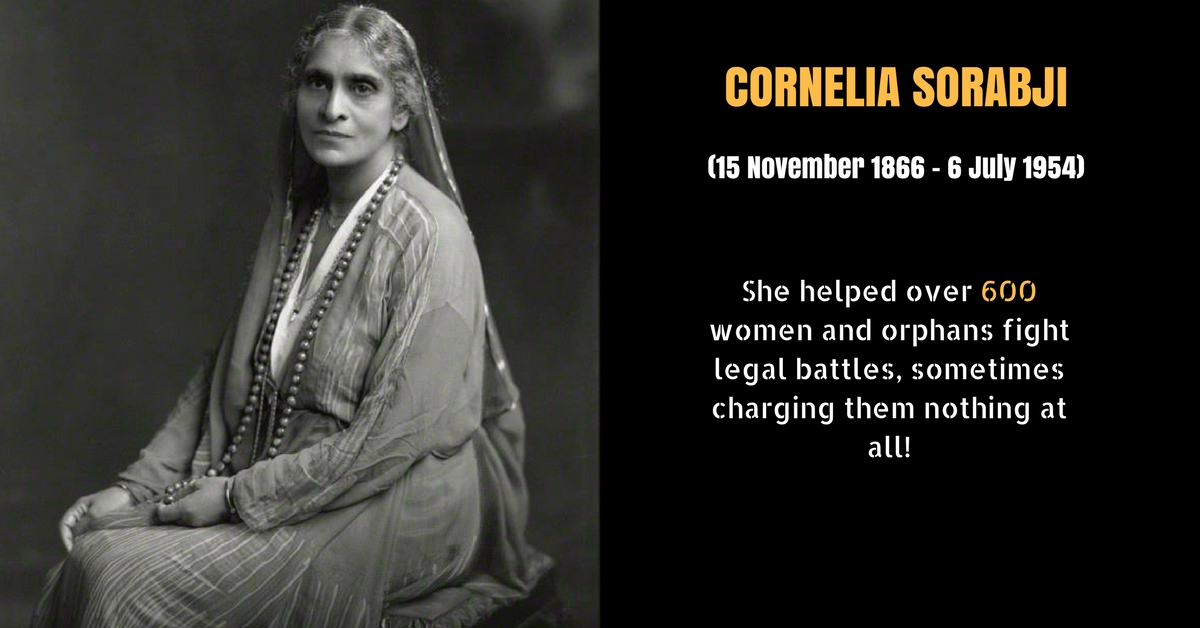
It isn’t an uncommon sight to watch firebrand women in the black fight for human rights in the courts of law.
Indira Jaising, Flavia Agnes, Kamini Jaiswal, Meenakshi Lekhi, Karuna Nundy, Vrinda Grover, Rebecca John – the list of noteworthy women lawyers in India is neverending.
But did you know? Who fought for these exceptional women to hold their heads high and argue in the court of law as early as 1924?
Born in 1866, Cornelia Sorabji, was India’s first woman lawyer.

Cornelia had a series of firsts to her credit. She was the first female graduate of Bombay University to be admitted to the Allahabad High Court. In 1889, she became the first woman to read law at Oxford University, and also the first Indian to study at any British university.
Last but certainly not the least, she became the first woman to practise law, not only in India but also in the whole of Britain.
Born to Reverend Sorabji Karsedji, a Parsi, and his wife, Francina Ford (a Parsi, adopted and raised by a British couple), Cornelia was one of the nine children in the Sorabji household.
Francina was a champion of women’s education and established several girls’ schools in Pune. She would often be consulted by local women in matters of property inheritance and disputes and served as a great influence to a young Cornelia.
Cornelia was homeschooled by her father at several of their mission schools.
While her father ran pillar to post to get his two oldest daughters into Bombay University, the authorities wouldn’t budge. They were refused admission on the grounds that no woman had ever been to university. But Cornelia was the only one among the lot to finally get entrance and matriculated at the age of 16.
At college, it was an everyday sight to see boys slamming classroom doors in her face to sabotage her chances of attending lectures. They seemed threatened that a girl had finally upended norms and encroached on their domain!
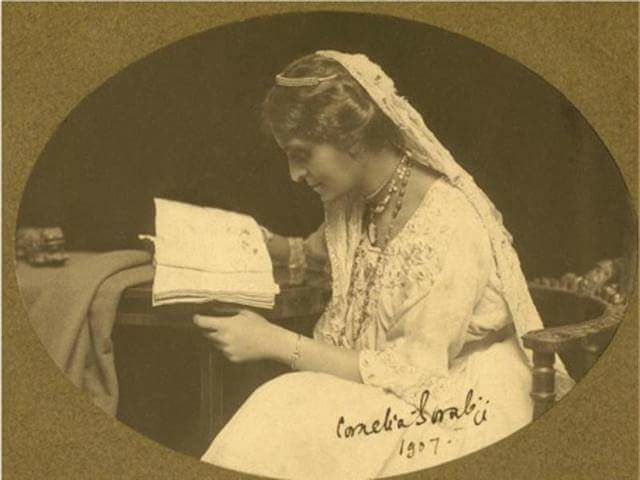
She proved all naysayers wrong when in just six years, she graduated, topping her college in English Literature.
Having topped her batch, Cornelia was expecting a scholarship to England for higher studies. All her hopes came crashing down when she was refused the award just because she was a woman!
Her scholarship became a raging debate in the House of Commons. When Sir John Kennaway raised a question, asking if a woman in the British Raj was denied a scholarship to an English university because of her gender, the Secretary of State for India confirmed it.
Cornelia stood defeated.
But all hope was not lost. Some of the most prominent personalities of the time, like Mary Hobhouse, Adelaide Manning, Florence Nightingale, Sir William Wedderburn and others, pooled money from their own pockets to fund Cornelia’s scholarship to Oxford.
Being a woman the doors of law studies were shut to her. ‘You can only read English Literature,’ she was told. It wasn’t until the arrival of the influential academic and philosopher Benjamin Jowett that things changed for Cornelia.
He arranged for her to read Law by getting a special Law course devised.
He was among the English petitioners who helped her receive special permission by Congregational Decree to take the Bachelor of Civil Laws exam at Somerville College, Oxford, making her, yet again, the first woman to ever do so in 1892.
It is a postgraduate degree, undertaken by barristers and undergrads in London with at least five years of training. She was attempting to crack it in two years.
She was knocked off when the examiner who refused to examine her at first, gave her a third class in the exam.
Despite having passed the exam, there was a rule that no woman was allowed to collect her degree for the next 30 years.
Read more: The Untold Story of India’s Leading Woman Sailor, Dr Rohini Rau!
She started working for a year at solicitors firm called Lee & Pemberton in London. An aristocrat, Lord Hobhouse, also the husband of one of the women who funded her scholarship, got her special permissions to read in the Library in Lincoln’s Inn. Until then, women were not allowed to read at the library.
She cleared her Bachelors of Law the same year while practising at the solicitors’ office. She decided to return to India with the hope of uplifting women with her new degree.
Her homecoming in 1894 marked yet another defeat. The then Chief Justice in Bombay passed an order telling legal practitioners to not to employ a woman. Her hope of working as a solicitor crashed to the ground.
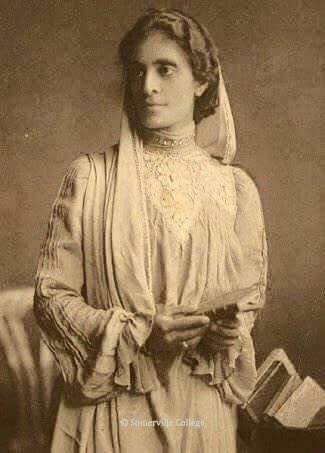
Despite having completed her postgraduate degree from Oxford, Cornelia felt undertaking an undergraduate degree in Law from the Bombay University would help alleviate her grievances.
But everyone around her was set on sabotaging her efforts. She was failed in her undergrad program.
Even though the British Raj were adamant to not let a woman lawyer practice in the Bombay presidency, the Maharajas were welcoming. But despite being offered the opportunity to become an advocate for the royals, they gave her only frivolous cases.
One such case included fighting for an elephant who stole bananas from a grove. The Maharaja himself was the culprit & the judge. The case was staged for sheer pleasure, as they watched a woman lawyer put up a fight.
By 1899 Cornelia was still tirelessly fighting for her right to be recognised as a barrister for five years. When nothing worked in her favour, she dedicated the next five years of her life inventing a role.
At the moment, the plight of the purdahnashins or secluded women in the country was unbearable. These were women, who according to Hindu law, wore a purdah (veil) and were forbidden from communicating with the outside male world.
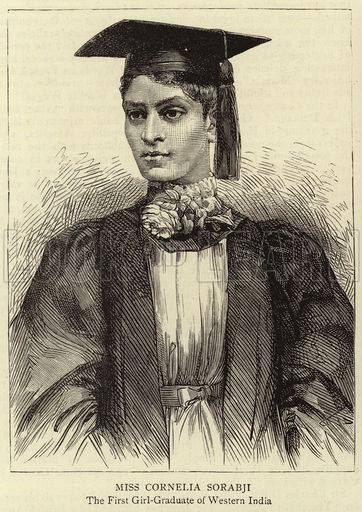
After marriage, they never saw the outside world again. They were barred from speaking to any male other than their husband. If they were widowed, they could not speak to any male at all. Their education stopped when they were married. They knew nothing about the law. Nonetheless, these were women who owned considerable property, but in case of disputes over the same property, they could never access legal help because all the lawyers were men.
She decided to become a legal advisor to the British Government on the state of secluded women.
In 1904, when Lord Broderick, was appointed Secretary of State for India, he demanded that a woman be appointed as advisor to the secluded ones.
Despite Viceroy Lord Curzon’s disagreement, he gave her special permission to enter pleas on the behalf of the purdahnashins before British agents of Kathiawar and Indore principalities.
You may also like: How One Woman Left Everything to Stop Tribal Girls From Being Trafficked in Jharkhand!
During the next 20 years of service as a practising lawyer, she helped over 600 women and orphans fight legal battles, sometimes charging them nothing at all!
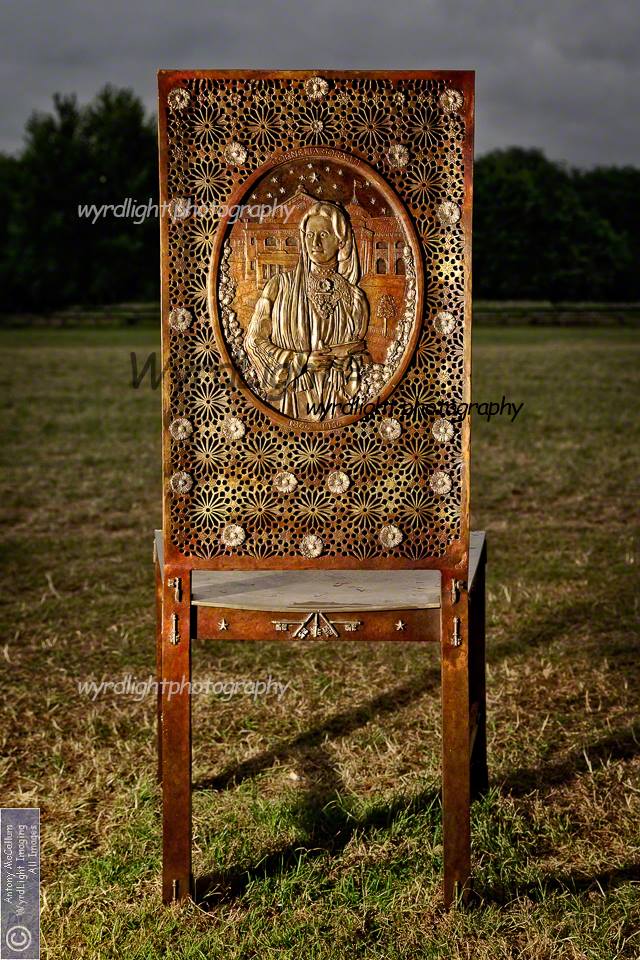
The major issue for these women in purdah, child brides and widows was, that all the inherited property they had, could only be used while the heirs were alive. They could access no control in case any of their children died.
This made it a common for fraudsters to con these women and kill their children to seize their property.
Cornelia not only protected them against fraud and murder attempts but also set helped them experience freedom in ways unknown to them.
She got six of them trained as nurses. The purdah still existed, but for women who hadn’t seen the world outside their family since the age of 4, it was a huge milestone.
Once restricted from stepping out of their veils, these women worked around their customs and found a new way of nursing people from all walks of life. They were now stepping out of their homes and trading in public places, all thanks to Cornelia Sorabji.
Her efforts finally bore fruit in 1924, when the legal profession was opened to women in India. She began practising in Calcutta and retired in 1929. She left for England and continued to live there, frequently visiting India, until her death in 1954.
Like this story? Or have something to share?
Write to us: [email protected]
Connect with us on Facebook and Twitter.
NEW: Click here to get positive news on WhatsApp!
This story made me
- 97
- 121
- 89
- 167
Tell Us More
We bring stories straight from the heart of India, to inspire millions and create a wave of impact. Our positive movement is growing bigger everyday, and we would love for you to join it.
Please contribute whatever you can, every little penny helps our team in bringing you more stories that support dreams and spread hope.








